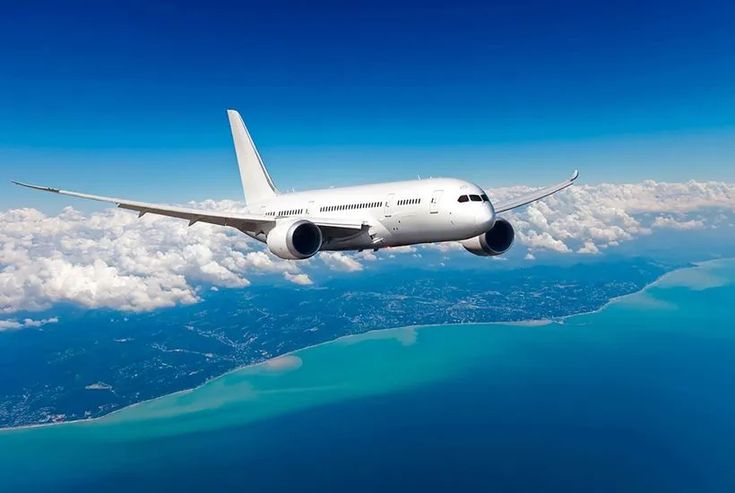
Air Canada’s major hub is Toronto Pearson International Airport (YYZ), where it mostly operates out of Terminal 1. Air Canada YYZ Terminal has implemented a number of important procedures pertaining to check-in, baggage handling, security, boarding, customer service, accessibility, and safety at Terminal 1 in order to guarantee seamless operations and a remarkable travel experience. Efficiency, comfort, safety, and inclusivity for all passengers are the goals of these regulations.
Check-In and Boarding Policies
The goal of Air Canada’s check-in procedure at YYZ Terminal 1 is to give travelers flexibility while expediting the departure process. Up to 24 hours before departure, passengers are urged to check in online or through the Air Canada mobile app. By allowing travelers to get their boarding permits and baggage tags ahead of time, this approach eases traffic at airport counters.
Terminal 1 has full-service check-in desks and self-service kiosks for passengers who require in-person help. Check-in and baggage drop should be completed at least 45 minutes before departure for all domestic flights operated by Air Canada, and at least 60 minutes prior to departure for international and U.S.-bound flights.
Baggage Policies
At Terminal 1, Air Canada has explicit luggage allowance policies. In accordance with the airline’s weight and size limitations, travelers are allowed to bring one regular carry-on bag and one personal item, such as a laptop bag or purse.
The kind of cost, the route, and the frequent flyer status all affect the amount of checked baggage allowed. In order to prevent excessive baggage costs, passengers must make sure that their bags are within the allowed limitations. Special, oversized, and overweight objects, such athletic gear or musical instruments, are subject to extra rules and costs.
Security and Customs Compliance
According to Air Canada’s policy, all travelers must abide by international security laws, Transport Canada, and U.S. Customs and Border Protection (CBP). Standard screening processes, like as baggage inspection and security checkpoints, are required of passengers.
Passengers at Terminal 1 must use the airport’s U.S. Preclearance facility to clear U.S. customs and immigration prior to boarding aircraft heading for the United States. Passengers who don’t give themselves enough time for these processes risk not being allowed to board, according to Air Canada.
Accessibility and Special Assistance Policies
At YYZ Terminal 1, Air Canada provides extensive assistance services as part of its commitment to inclusion. The airline’s accessibility policy guarantees that travelers with special requirements, medical conditions, disabilities, or limited mobility receive the assistance they require from the time of arrival until they board. Wheelchair help, escort services, pre-boarding, and service animal support are among the services offered.
It is advised that travelers who need these services notify the airline at the time of booking or at least 48 hours beforehand. Additionally, Air Canada has procedures in place to accommodate travelers who use medical devices, have dietary restrictions, or have allergies.
Customer Service and Disruption Handling
At Terminal 1, Air Canada upholds a proactive customer service approach. The airline is dedicated to providing passengers with timely notice via digital channels, announcements, and service counters in the event of delays, cancellations, missing connections, or schedule changes.
Air Canada has a regular policy of offering meal coupons, hotel rooms, and rebooking options in the event of difficulties. Additionally, there are specialized rebooking kiosks in Terminal 1 and on-site customer service representatives to assist passengers.
Health and Safety Policies
At Terminal 1, Air Canada follows stringent health and safety procedures to guarantee adherence to both public health and aviation requirements. These include hygienic practices at boarding gates, lounges, check-in areas, and airplane cabins.
Air Canada enforces extra measures during health crises, such worldwide pandemics, such as mask requirements, vaccination records, and testing specifications in accordance with national and international laws.
Lounge and Premium Services Policies
According to Air Canada’s standards, qualified customers can visit the Maple Leaf Lounge at Terminal 1, where they can take advantage of first-rate facilities and individualized attention. Access to the lounge is controlled by membership programs, frequent flyer status, or fare class.
Members of Business Class, Signature Class, and Aeroplan Elite get priority access to baggage handling, boarding, security clearance, and check-in, demonstrating Air Canada’s dedication to providing first-class passengers with improved travel experiences.
Conclusion
Efficiency, customer service, safety, and diversity are the main focuses of Air Canada’s policy at Toronto Pearson International Airport Terminal 1. Air Canada makes sure that travelers are assisted at every stage of their trip, from luggage handling and check-in to accessible services and customer support during delays.
In addition to complying with legal obligations, these well-written regulations uphold Air Canada’s dedication to providing a dependable, secure, and customer-focused travel experience at its main hub. Passengers flying with Air Canada through Toronto Pearson Terminal 1 can have a smooth and comfortable journey by adhering to these rules.